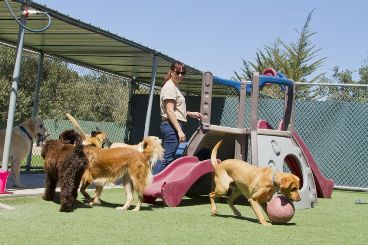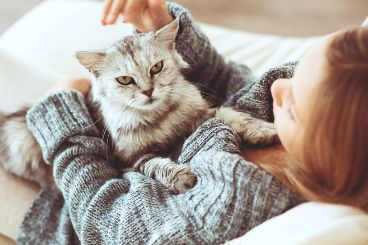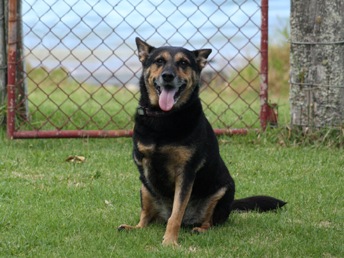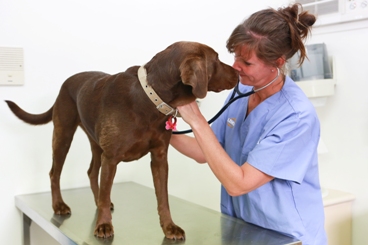 If your family decides your animal(s) should not travel, you can arrange for a responsible friend or relative to look after your animal(s), you can board them at a recommended kennel or cattery, or you can hire a pet sitter.
If your family decides your animal(s) should not travel, you can arrange for a responsible friend or relative to look after your animal(s), you can board them at a recommended kennel or cattery, or you can hire a pet sitter.
If your family has decided to board your animal(s), get references and ask your parents to visit the boarding kennels or cattery first. Your veterinarian can help you find a good boarding kennel or cattery that is best suited to the needs of your animal(s).
A pet sitter may be preferable if your animal is timid, elderly, and afraid of strangers or needs the comfort of familiar surroundings while you're gone.
If your family is hiring a pet sitter, encourage them to interview the pet sitter and check their references.
Be sure your animal is microchipped before you leave him or her anywhere unfamiliar to them.





























.jpg)






